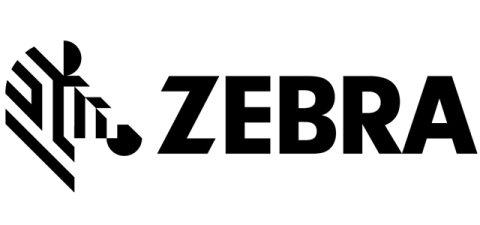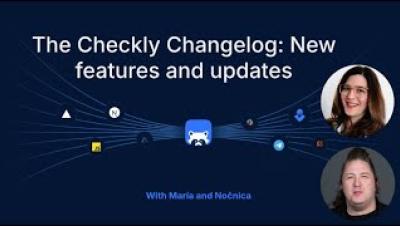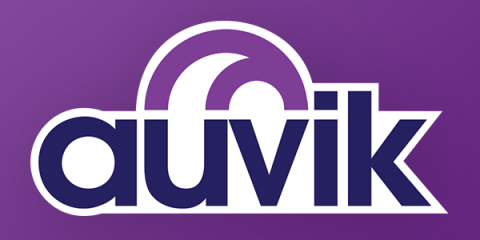Having a "Secure Network" or "Secure Devices" Isn't Enough Anymore. So, What Is?
There’s this notion that a secure network of devices is not good enough…that what you need is a network of secure devices. However, at Zebra, we believe the only thing that’s acceptable these days is a secure network of secure devices. That’s why we’re working with Google Cloud and Qualcomm Technologies, Inc. to look deep into on-prem and cloud architectures to implement the best security features at every potential access point.











